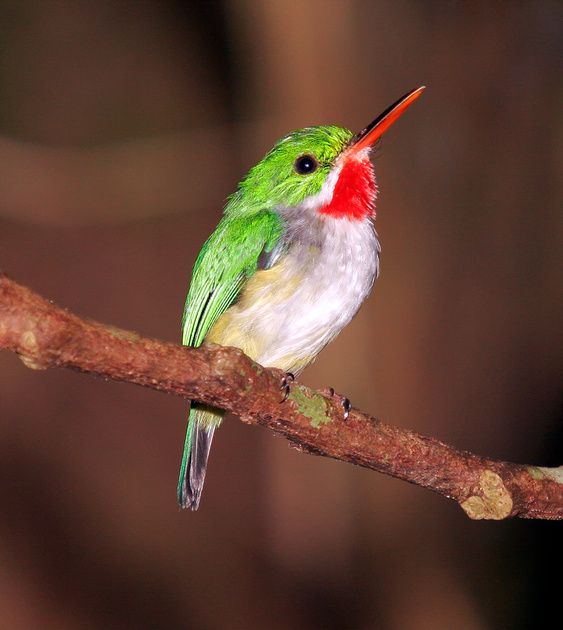- cross-posted to:
- earth
- cross-posted to:
- earth
The roseate spoonbill (Platalea ajaja) is a gregarious wading bird of the ibis and spoonbill family, Threskiornithidae. It is a resident breeder in both South and North America. The roseate spoonbill's pink color is diet-derived, consisting of the carotenoid pigment canthaxanthin, like the American flamingo. Roseate Spoonbills are pale pink birds with brighter pink shoulders and rump. They have a white neck and a partially feathered, yellowish green head from which their red eyes shine. Juveniles are paler pink and have a completely feathered head for 3 years until they attain adult breeding plumage. The roseate spoonbill is a resident breeder in South America, generally east of the Andes, and coastal areas of Central America, the Caribbean, and the Gulf of Mexico (Dumas 2000). Mangrove islands and occasionally dredge-spoil islands are the preferred nesting habitat for the species. Using its spoon-like bill to scoop prey up from shallow water, the roseate spoonbill's diet typically includes minnows, small crustaceans, insects and bits of plants. They feed in the early morning and evening hours in both fresh and saltwater wetlands. Alligators and coyotes have been known to prey on this bird. Roseate Spoonbills are usually silent except at the breeding colonies. There, they make low grunting sounds when they are startled, while greeting their mates, and while feeding their young. Courting birds softly click their bills together to make a faint rattling sound. Here is a link so you can listen to this bird too.


This bird looks amazing ! 😄
Ik right, they look super interesting!!!